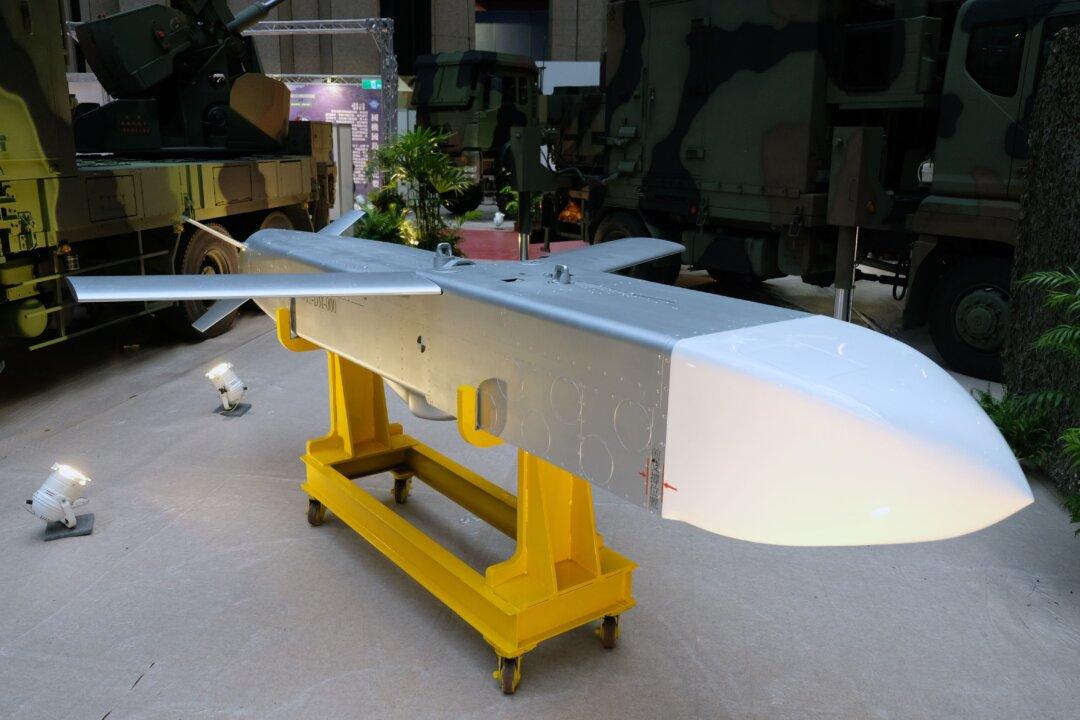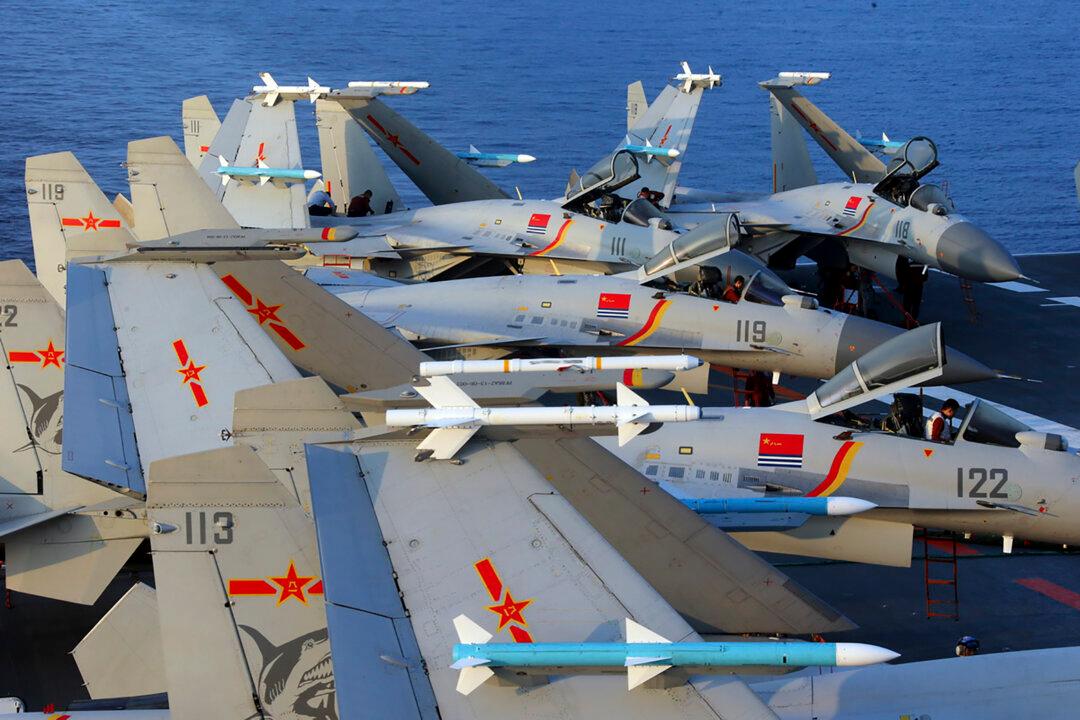Defense experts and lawmakers in the United States are calling for selling offensive weapons and advanced military equipment to Taiwan, amidst the rapid buildup of the Chinese regime’s military and the threat it poses to the island nation and the surrounding Asia-Pacific region.
“China’s military buildup threatens not just Taiwan but also other Asian democracies, and has rendered the balance that has been maintained [by the United States] since the 1970s obsolete,” said Richard Fisher, a senior fellow with the International Assessment and Strategy Center who spoke at a Taiwan defense conference at the George Washington University’s Elliott School of International Affairs on April 5.




